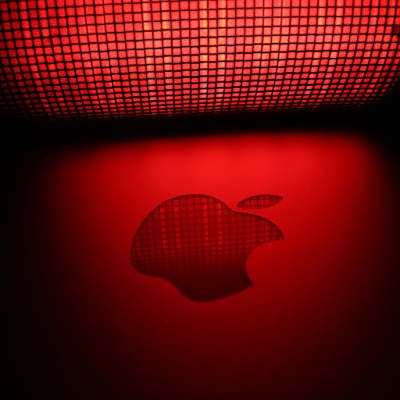Logo size for website, social media, print and other purposes
Logo size
For websites, social media, printed matter and other uses Modern business cannot succeed without a professional logo. Logos are an important identification tool for any company, regardless of the industry in which they do business. The days when company logos were reserved for successful designers and artists are over. The tools and tutorials you need to design a beautiful logo. You do not need to have a graphic design degree in college or special courses to take on the role of designer. Whether you hire an expert or create your own icon, you need to make sure that your icon (or your favorite icon) is suitable for a variety of contexts, including: Websites, social media platforms, printed articles, etc.
In this article, you will learn more about the correct image size of
, which brings more traffic to your online content. Don't miss the chance to show your value to your audience!
Social Platform Logo Size
First, let's explain why it is so important to use the optimal logo size of
on social media pages. If the icon is smaller than the recommended size, it will be stretched and grainy (that is, unreadable). Conversely, if the logo is too large, it will be automatically compressed, which will adversely affect quality. In any case, your customers will have a hard time seeing what your brand is saying.
I don't want to get confused by the boring
details, so all I need to remember is that the optimal logo size for social networking sites is 1024 x 512 pixels. If you stick to these dimensions, you can be sure that your images will look good on most social media platforms. The Logaster tool makes your job easier. Logaster offers several versions of logos of various sizes for the most popular social platforms
We have put together all the image sizes of the platform for your convenience. main social platform for 2020
Facebook:
Linked Posts: 1200 x 628 px
Message Image: 1200 x 630 px
Cover Photo: 820 х 312 px
Profile Photo: 170 х 170 p
Twitter :
Image Message: 1024 x 675 px
Cover Photo: 1500 х 500 px
Profile Photo: 400 x 400p
Instagram :
Image Posts: 1080 x 1080 px
Profile Image: 110 x 110 px
Story: 1080 x 1920 px
YouTube:
Thumbnails: 1280 x 720 px
Cover Image: 2560 x 1440 px
Profile Image: 800 x 800 px
Pinterest:
Image Post: 1000 x 1500 px
Pin: 236 px wide
Profile Image: 165 x 165 px
LinkedIn:
Post Links: 120 0 х 628 px
Image Posts: 1200 x 1200 px
Cover Image: 1536 x 768 px
Images h profile: 300 х 300 px
Tik Tok:
Profile photo: 200 x 200 px
Video length: 1080 x 1920 px
Go to know how to add logos for each social platform, don`t skip this article we I have prepared carefully
for you.
Logo size for your website
Once your design (PNG, transparent background) is ready, you need to upload it to your website.
For the most part, 250px (width) x 100px (height) is the optimal logo size for a web page. However, if you need to customize your logo size, we know how!
Below, we`ve listed some of the logo sizes for the two most popular layouts.
For landscape layout:
250px x 150px
350px x 75px
400px x 100px
For vertical (square):
160px x 160px
From this article you will learn how to create a logo for the blog and add it to your website.
Website Favorite Icon Size
Favorites icon is a small icon with a company logo, the first letter of a brand name, or an image that identifies your business or website.
Favorite icons are available in the following sizes:
16pxx16px
32px x 32px
48px x 48px
This insightful article provides clear recommendations on how to create it. Download it from your favorite icon and your website.
Logo size for printing
When printing company images on different surfaces, it is not the size that matters, but the logo format. The best vector formats are PDF, SVG, and EPS. Why use vectors instead of rasters? This is because vector symbols (both the entire image and its individual parts) are easy to edit. In addition, the vector logo is indispensable for printing because it maintains its quality even if it is enlarged many times. Once you've saved your
logo in
vector format, you don't have to worry about size before you bring your design to the print shop. If you are using a
raster image (read the difference between
raster and vector formats here), the larger the image, the better.

